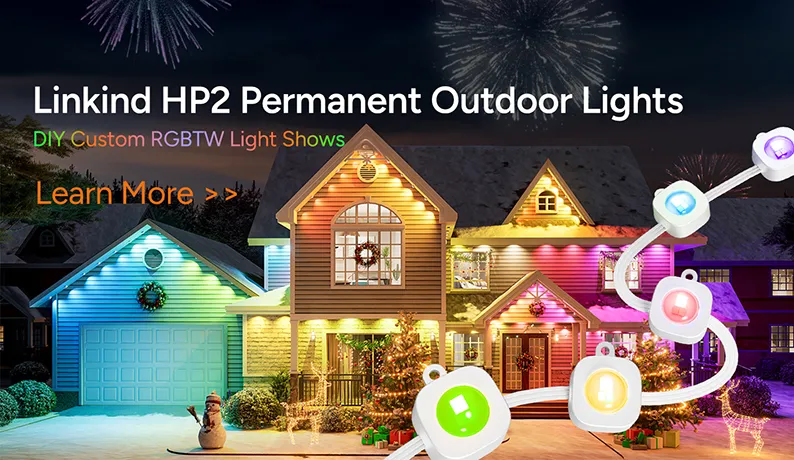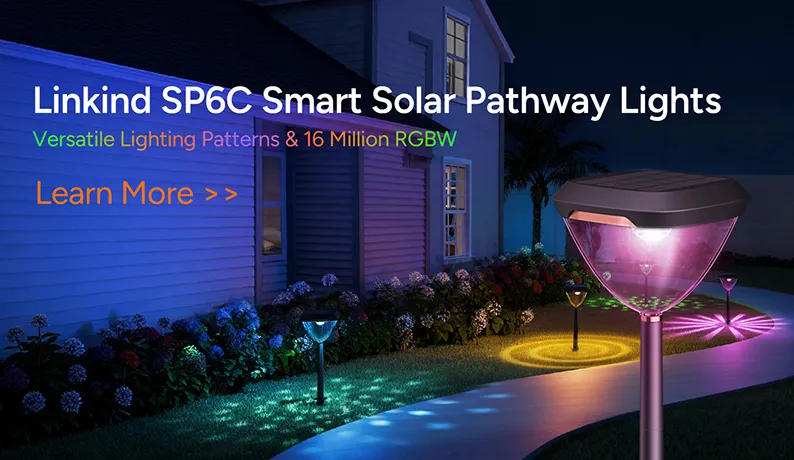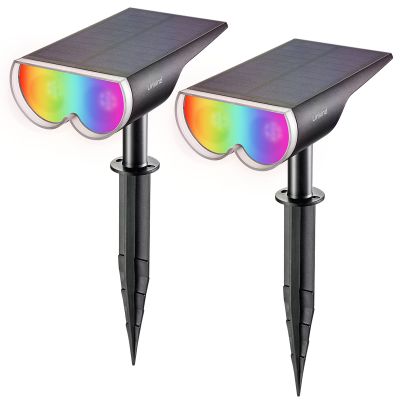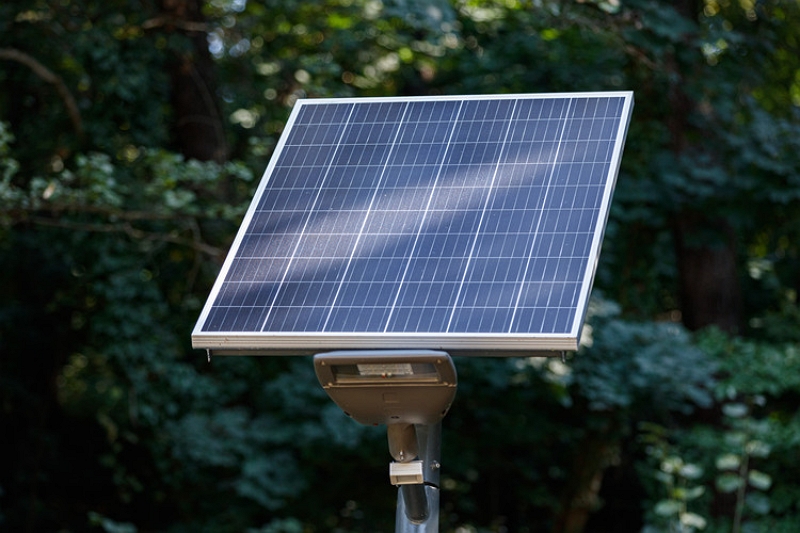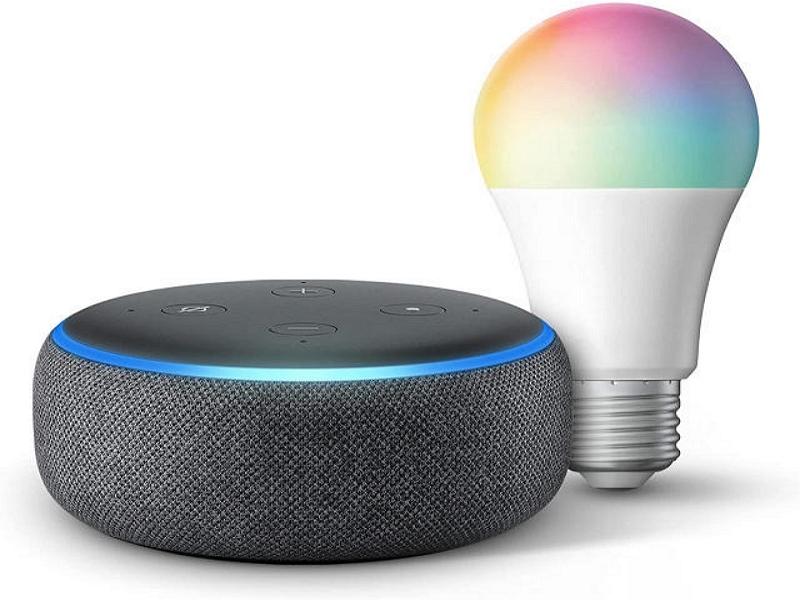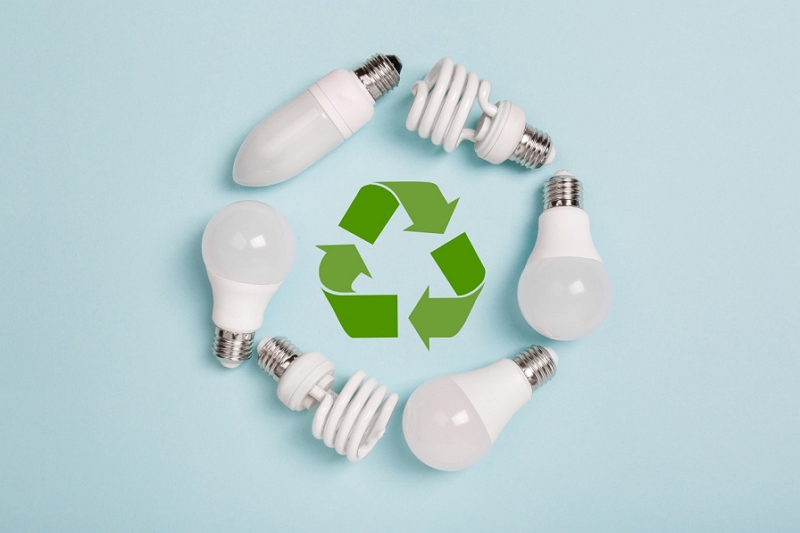Solar energy, a renewable resource powered by the radiant light and heat of the sun, is an ever-evolving force in today's energy landscape. With increasing concerns about climate change and the depletion of non-renewable resources, solar power is often seen as the solution to our energy conundrum. However, like any energy source, solar energy comes with its own set of solar energy advantages and disadvantages.


Part 1. An Overview of Solar Energy
Solar energy harnesses the power of the sun's rays, converting them into usable electricity. Photovoltaic (PV) solar panels installed on rooftops, solar farms, or other sunny locations absorb sunlight, and this light is converted into direct current (DC) electricity. An inverter then converts the DC electricity into alternating current (AC) electricity, which can be used in homes, businesses or fed into the electricity grid.
Part 2. Solar Energy Advantages
1. Renewable and Sustainable
One of the most significant advantages of solar energy is its renewability. Unlike finite resources such as coal or natural gas, the sun's energy is unlimited and readily available, making it a sustainable energy source. We can harness the power of the sun every day without depleting it, ensuring a consistent energy supply that doesn't compromise future generations' ability to fulfill their own energy needs.
2. Reduction in Electricity Bills
A solar energy system can significantly reduce if not entirely eliminate, your electricity bills. This is because the system generates electricity from sunlight, reducing your reliance on power from the electricity grid. Additionally, with net metering, excess power that your system generates can be fed back into the grid in exchange for credits, further lowering your electricity costs.
3. Environmental Friendliness
Solar energy is a clean, green source of energy. It produces electricity without releasing harmful greenhouse gases into the atmosphere, unlike fossil fuels. As a result, solar power helps to mitigate climate change and reduce air pollution, contributing to a healthier environment.


4. Energy Independence
Solar energy can contribute to energy independence on both a personal and national level. On a personal level, homeowners with solar panels are less reliant on the grid and less affected by fluctuations in energy prices. On a national level, countries with ample solar resources can reduce their dependence on foreign oil or imported fossil fuels, enhancing their energy security.
5. Job Creation
The solar energy industry is a significant job creator. From manufacturing to installation, maintenance, and support, the industry creates numerous jobs across a wide range of skill levels. As the industry continues to grow, so does its contribution to the economy through job creation.
6. Diverse Applications
Solar energy can be used in a wide variety of applications. It can provide electricity in remote locations where grid access is limited or nonexistent, power spacecraft, and even heat water. The versatility of solar energy makes it a valuable resource in many different contexts.
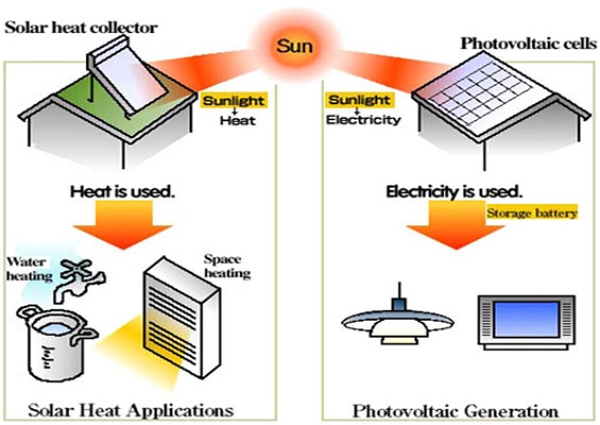

7. Technological Advancement
The field of solar energy is constantly evolving, with ongoing advancements in technology continually improving the efficiency and cost-effectiveness of solar panels. For instance, innovations in nanotechnology and quantum physics have the potential to dramatically increase solar panel efficiency, further enhancing solar energy's viability as a primary energy source.
8. Home Value Increase
Installing solar panels can significantly increase a property's value. As more homebuyers prioritize sustainable energy solutions, homes with installed solar energy systems become more appealing. This increased demand can lead to higher resale values, offering an excellent return on investment for homeowners who decide to sell.
Part 3. Solar Energy Disadvantages
1. Weather Dependence
While the sun is a consistent source of energy, the ability to harness that energy can be impacted by weather conditions. Solar panels require direct sunlight to operate optimally, so their efficiency can be compromised on cloudy, rainy, or snowy days. Furthermore, solar energy production can vary seasonally, with less energy produced during shorter winter days compared to longer summer days.
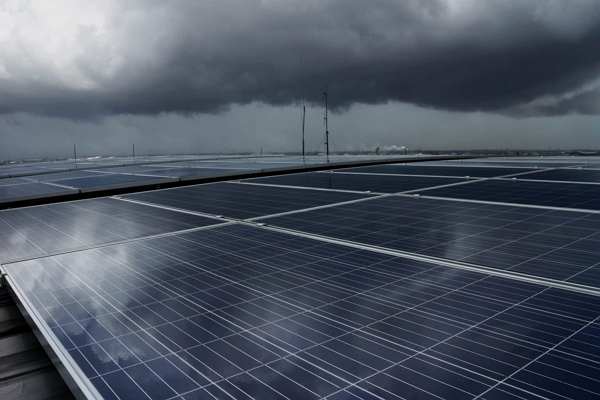

2. High Upfront Costs
Solar energy systems can be costly to install. The costs include not only the solar panels themselves but also additional equipment like inverters and batteries, as well as installation costs. However, it's worth noting that these costs have been decreasing over the years due to technological advancements, and various government incentives and financing options can help offset these initial expenses.
3. Space Requirement
Solar panels require a significant amount of space for installation. The more electricity you need to generate, the more panels you need, and therefore the more space you require. This can pose a challenge in urban areas where space is limited. Additionally, for optimal efficiency, solar panels need to be installed where they'll receive maximum sunlight, which isn't always possible in all settings.
4. High Storage Expense
Although solar panels can generate electricity during the day, they don't produce energy at night. As a result, solar energy needs to be stored for use during non-daylight hours, typically in batteries. While the cost of these storage systems is gradually decreasing, they still represent a significant expense. Furthermore, the technology to efficiently store large amounts of solar energy is still developing, which can limit the effectiveness of solar power as a standalone power solution.
Part 4. Does Solar Light Really Pay for Itself?
While the initial costs associated with installing a solar energy system can be substantial, the ongoing savings on electricity bills and the various incentives typically available help offset these expenses over time.
The financial benefits of solar energy primarily stem from a process known as "net metering". With grid-tied solar systems, homeowners can feed the excess power their solar panels generate back into the grid. Many energy providers offer credits for this electricity, which can be used when the solar system isn't generating enough power. This process effectively reduces electricity bills.
Additionally, the cost of solar energy has significantly decreased over the past decade, making it a more affordable option for many homeowners. At the same time, the cost of traditional electricity from the grid has continued to rise in most regions, making the cost savings of solar power even more significant.
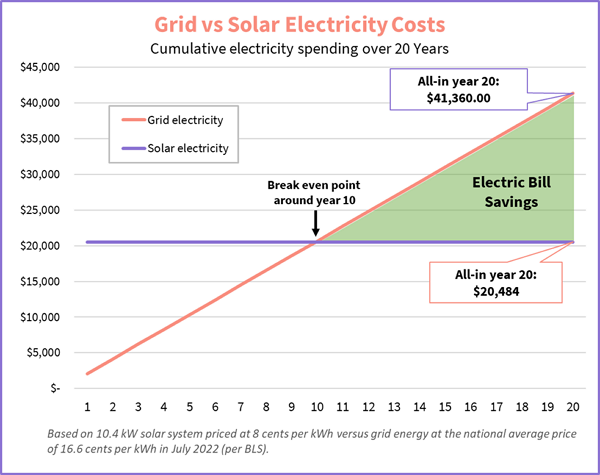

The precise payback period—the time it takes for the energy savings to cover the initial costs—depends on several factors, including the cost of the solar system, local electricity rates, sunlight exposure, and government incentives and subsidies. Given these variables, the payback period can range from as few as 5 years to over 10 years.
However, considering that solar panels can last for 25-30 years, a solar energy system will likely pay for itself several times over its lifespan. It's worth noting that even after the payback period, a solar system continues to generate virtually free electricity, leading to ongoing savings. Therefore, while the initial investment may seem high, the long-term financial benefits make solar energy a wise and rewarding investment.
Part 5. Get a Smart Solar Light for Your Home Now!
The AiDot RGBWW Smart LED Solar Wall Lantern is a standout product that effortlessly marries the benefits of solar energy with the convenience of smart home technology. Some of its best features include:
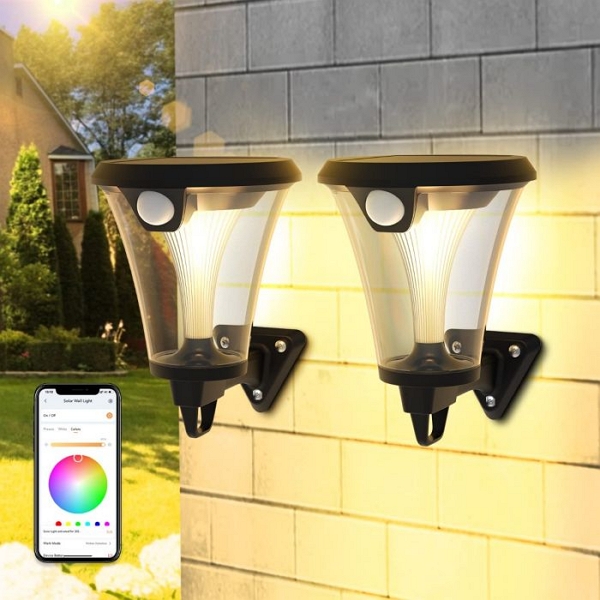

- Provides 16 million colors and 1%~100% dimmable ability
- Lights up once motion is detected whether day or night
- Automatically turns on at night and turns off at dawn
- Gets controlled easily via bluetooth and AiDot App
- Ensures stable performance with IP65 waterproof rating
[Bonus Now]: Here is an exclusive coupon code only found in blog posts. Save it now (AiDotBG01) and get 10% off at AiDot mall!
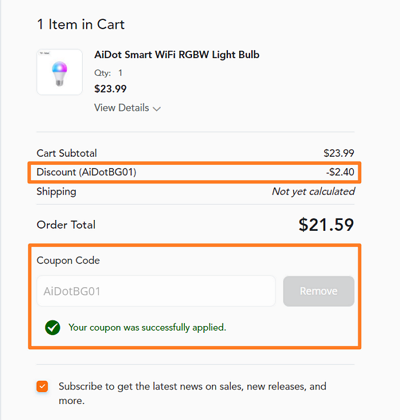

Conclusion
While solar energy does come with its set of challenges, such as weather dependence and high initial costs, the advantages significantly outweigh the disadvantages. The resource is plentiful, renewable, and environmentally friendly, and it can lead to significant cost savings over time.
Moreover, with the advent of smart solar products like the AiDot RGBWW Bluetooth Smart LED Solar Wall Lantern, harnessing the power of the sun has never been easier or more accessible. These devices not only provide the benefits of solar energy but also bring smart home conveniences, adding a touch of modernity to your home while promoting sustainability.











